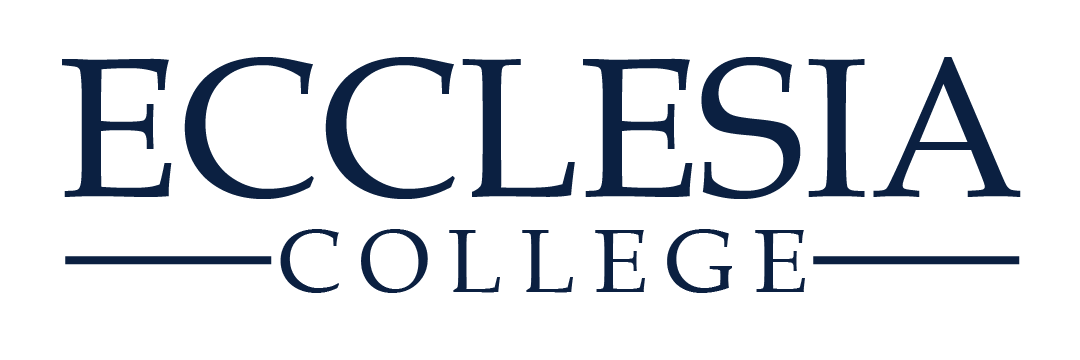Student Loans
Student loans can be both a blessing and a curse for college students. On the one hand, student loans can make a college education more accessible, allowing those without the financial resources to attend college and gain the skills they need to succeed. On the other hand, student loans can be difficult to pay back and can leave students with a significant burden of debt. The key is to understand the risks and rewards associated with student loans and to make an informed decision before taking on any loan. With the right knowledge and preparation, student loans can be an invaluable tool for achieving your educational goals

